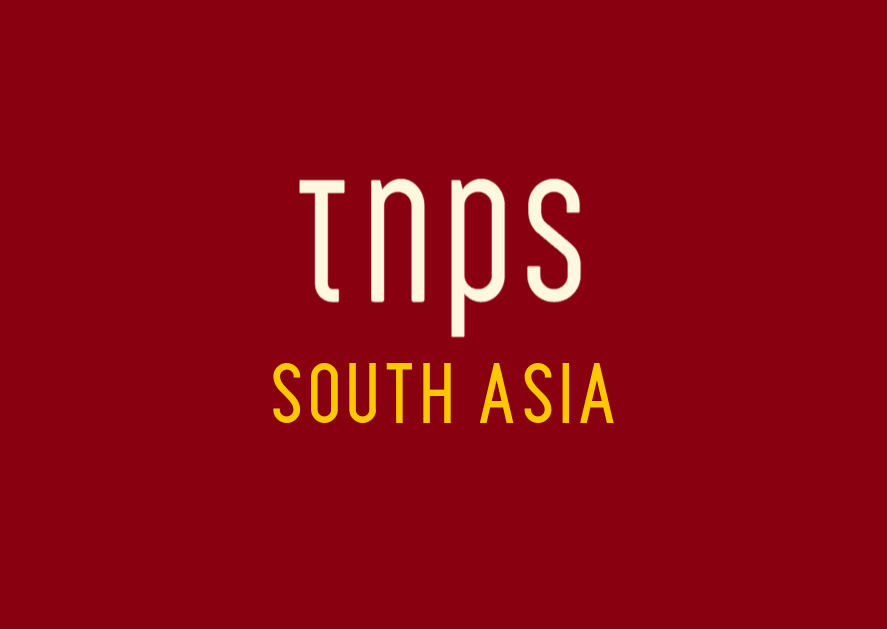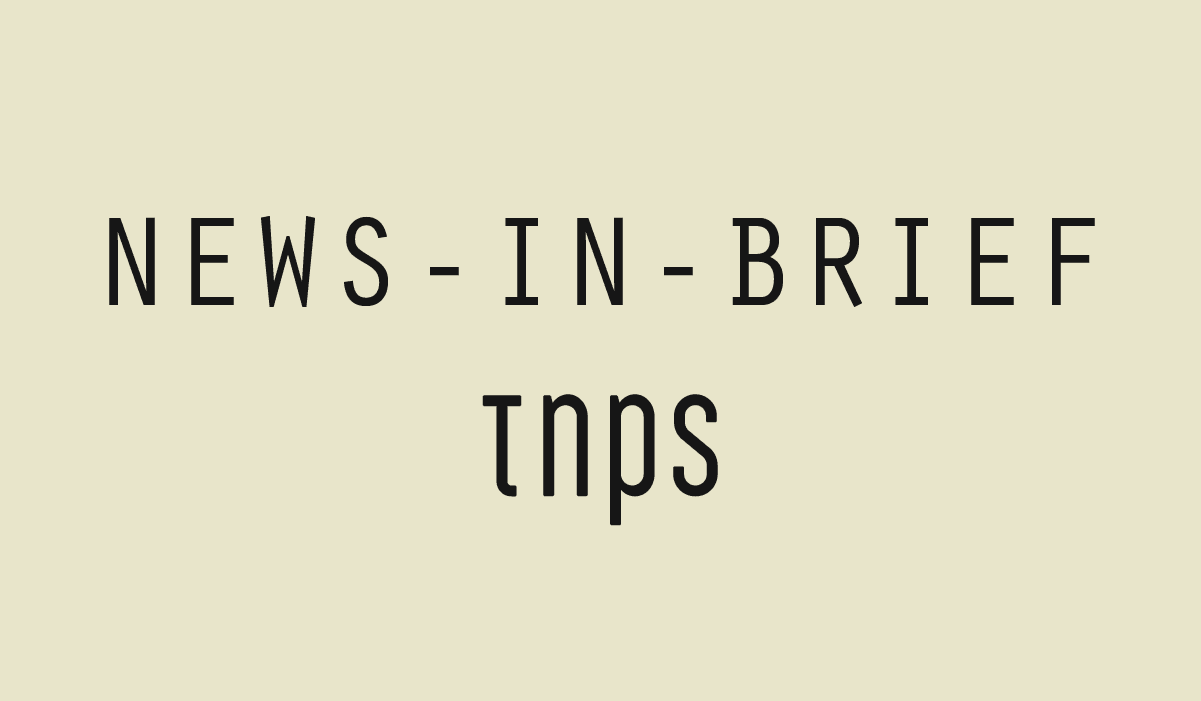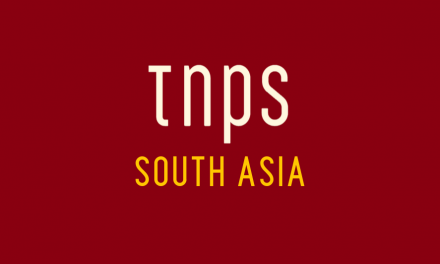Today, there’s very little we outside the country can meaningfully do to alter the course of Afghanistan’s near-future trajectory, but it would be reassuring to see the global publishing industry at least shine a spotlight on what is happening here, and to let the people of Afghanistan, and especially the girls, know they are in our thoughts.
Bookstores and publishing houses have lost 50% of their customers in two years, according to Abdul Wadood Mukhtarzada, the head of the Afghanistan Publishers Union in Kabul.
Zaki Ahmadi, head of an unnamed publishing house, told The Frontier Post: “We have been working in book sales, publishing, and distribution for about 18 years. Business used to be very good, now it is not, now it is very diminished. Our economy is very damaged.”
Per the Afghanistan Publishers Union, there are about 180 publishers, 550 bookstores and 150 printing presses are operating in the country.
From this post, at least, the problems facing the country are broad economic issues, and there is no direct suggestion made that Taliban government’s extremism is a factor, but is that just a necessary caution?
Earlier this month the Index on Censorship, in a post on twiXter, reported that the Taliban had banned books showing human faces.
It’s just the latest in a never-ending torrent of reports from this beleaguered country that show a country willfully misinterpreting a religion for its own patriarchal and misogynist ends, that negatively impacts the economy.
Two years ago, per a report in AP, the Taliban banned girls from high school.
Over one million girls are out of the education system, tens of thousands of teachers lost their jobs and, although the Afghanistan Publishing Union chooses not to say so, its a given that school text book sales have plummeted accordingly.
As the AP report explores, halting education for girls will have a hugely damaging effect on the people and the economy as the consequences feed through.
It’s a depressing report, but one everyone should read.
But we should always keep in mind what an outlier Afghanistan is, no matter how much the Taliban argue their interpretation of Islam is the only true one.
We only have to look at the UAE, and especially Sharjah, where books and publishing are embraced, to realise that books, and the pursuit of knowledge regardless of gender, are revered. And as regular readers of TNPS will know, some of the biggest book fairs in the world are in Muslim countries.
The Algiers International Book Fair pulled in 2.7 million visitors this year. The Sharjah International Book Fair 1.3 million, the Riyadh International Book Fair 1 million.
In fact, of the five largest book fairs in the world this year, four are Muslim countries. Spain is the only non-Muslim country in the top five, while the number one spot, with footfall of six million, went to Muslim Bangladesh.
Further west, in the United Arab Emirates, the Muslim Al Qasimi family in Sharjah, through the Sharjah International Book Fair and through the Sharjah Book Authority | هيئة الشارقة للكتاب, have made the emirate a hub for global publishing like no other.
And of course Bodour Al Qasimi, former President of the International Publishers Association – IPA and now President of the American University of Sharjah, is an inspiration to girls and women everywhere, regardless of race or religion.
Historically, Timbuktu in modern-day Mali, not so very far from where I am writing this post, was for centuries one of the world’s greatest centres of learning, and widely regarded as the world’s first university. although some say that credit should got to Al-Ahzar in Cairo, also in Africa.
With bitter irony, many books in the historic Timbuktu libraries, a global collection beyond anything medieval Europe could come remotely close to matching, curated over centuries by Islamic scholars, were destroyed by Islamic extremists.
Perhaps, then the Afghan bookstore owners and publishers should think themselves lucky to be still in business at all.
Back in 2018 TNPS was reporting on a booming book trade in the country. This of course before the Taliban returned to power.
Today, there’s very little we outside the country can meaningfully do to alter the course of Afghanistan’s near-future trajectory, but it would be reassuring to see the global publishing industry at least shine a spotlight on what is happening here, and to let the people of Afghanistan, and especially the girls, know they are in our thoughts.
#Afghanistanbookmarket #Afghanistanpublishing #SouthAsiapublishing #girlseducation #girlsmatter #girlsshouldbeinschool





